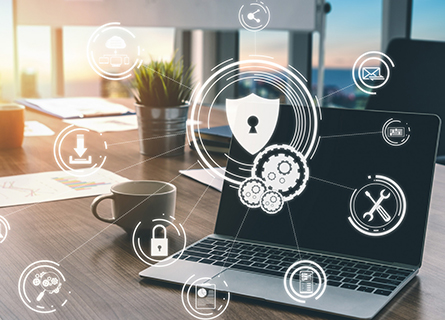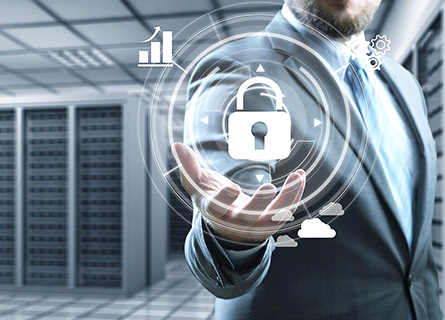
Another primary reason that people decide to use a VPN is to protect their personal information when they are using the internet. This type of approach is essential when

This means that you can be much more confident that any data you send is safe. For this reason, many businesses demand that their employees who are using company equipment when on the road always use a VPN if they are uploading work-related documents over a public Wi-Fi network. This type of protection is also available to members of the general public if they decide to use a VPN service to secure their internet connection.
If this type of security is critical to you, then make sure that you select a VPN company that has a ‘no logs’ policy. A ‘no logs’ approach means that the company does not keep records of the websites that users visit and the activities that they perform there. Without a ‘no logs’ policy, the security effectiveness of the VPN will be significantly reduced as the risk simply moves from the point at which you are connecting to the internet to the VPN server itself. A list of the websites you visit, and activities that you undertake while you are connected to the internet, is always at risk of being hacked or intercepted by users who you would prefer not to have access to the information. A ‘no logs’ policy that is regularly audited by an external provider is a good way of making sure that your personal information does not fall victim to fraudulent activity.

© 2025 VPNPilot.com. All rights reserved.